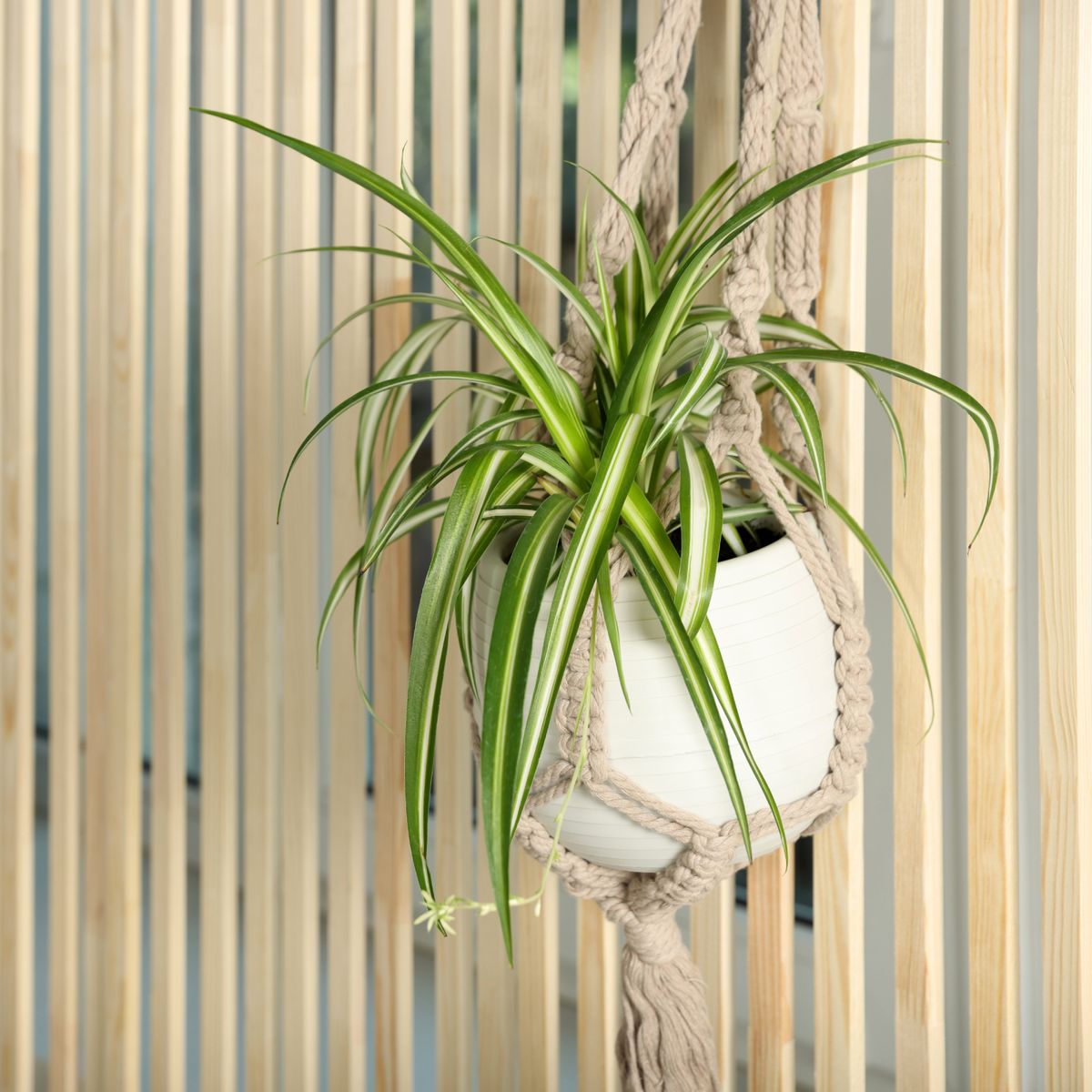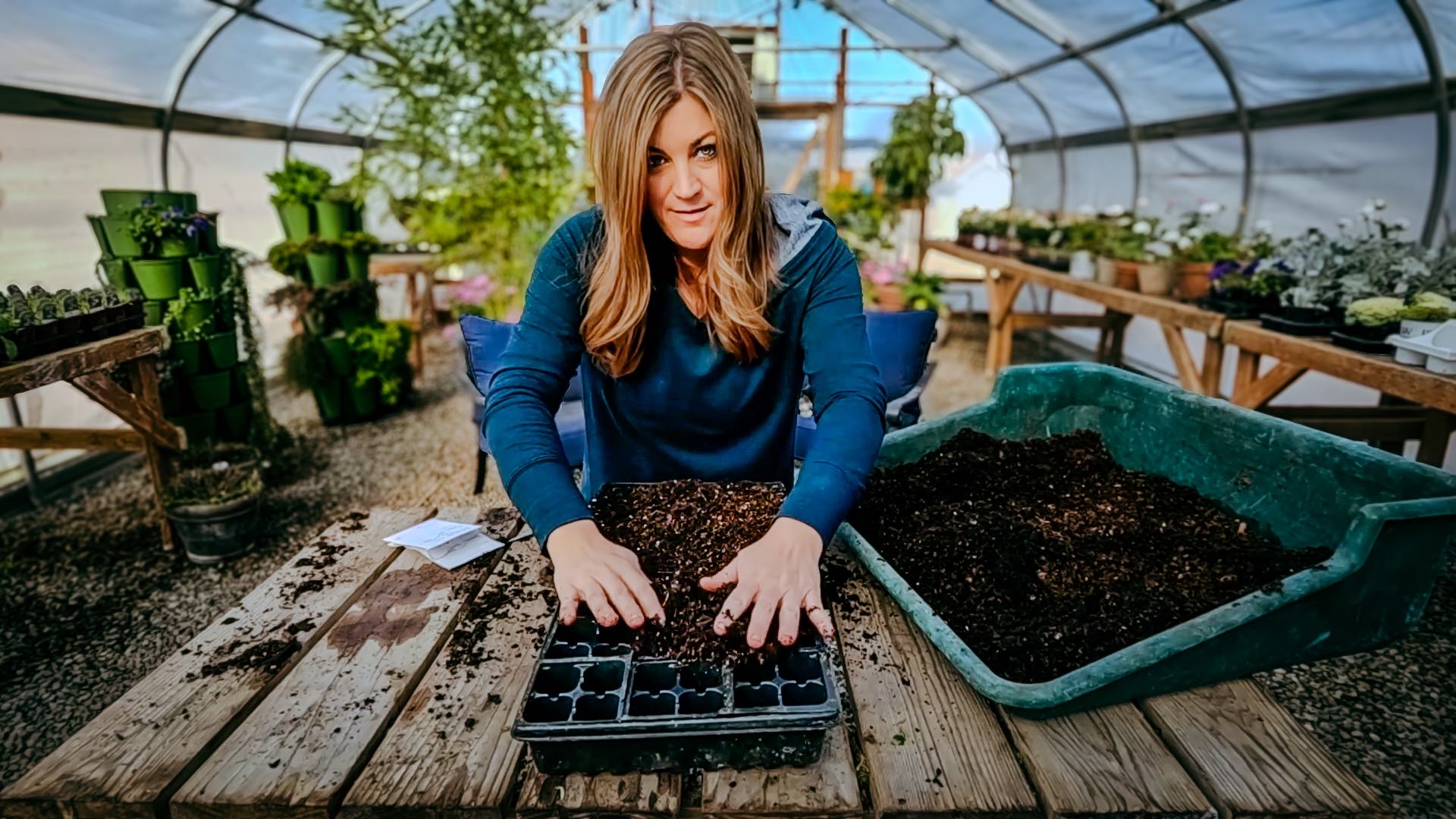[ad_1]
Many gardeners are interested in achieving self-sufficiency and living off of their own abilities and the land. To cultivate a successful garden, we often need to include additional inputs like compost and fertilizers to keep up with the demand on the soil nutrients to grow crops. Store-bought fertilizers and manures often contain waste products from other animals like worms, chickens, and even bats. What if we can produce our own endless and free supply by using our urine as fertilizer?
The main components in commercial fertilizers, nitrogen, phosphorus, and potassium as well as micronutrients, are produced by the human body. In fact, humans have been using pee as fertilizer long before the invention of modern chemical fertilizers. Urine is the original and free liquid gold.
According to the Stockholm Environment Institute, a person can produce as much urine per year to fertilize 300-400 square meters or roughly 3200-4300 square feet of crops! Used at a household level, the urine that a family produces is more than enough to help sustain a home garden. If adopted at scale, capitalizing on human urine could tackle both sanitation and food security challenges around the world.
Why Is Pee Used As Fertilizer?

Living in modern society, we are accustomed to our waste products being flushed away and processed at wastewater treatment plants. If the idea of using urine in the garden grosses you out, maybe it helps to know that urine has been historically used for many purposes. From softening leathers to bleaching clothes, urine and other bodily waste have been prized commodities since antiquity for many cultures around the world.
What Is In Urine
Urine is a liquid waste product as a result of our kidneys cleaning and filtering our blood. Typically, urine contains around 95% water and the rest are a mix of salts including sodium, potassium and chloride, urea, and uric acid. Due to the high water content in pee, the more you drink, the more you have to go. For a healthy person, human urine typically has a pH of around 6.2 with a range of 5.5-7.0. A person’s diet and alcohol consumption can also affect the pH of their urine.
The main organic component of urine is urea, a combination of ammonia and carbon dioxide, which is the byproduct of our bodies breaking down proteins into usable amino acids. Urea is very high in nitrogen, a key ingredient to healthy leafy growth in plants. In addition to being very nitrogen-rich, urine also contains dissolved phosphorus that’s immediately available to plants, making urine a quick-acting fertilizer.
Social and Environmental Benefits of Using Urine
The environmental impact of producing and using chemical fertilizer has been well documented. For example, phosphorus, a key ingredient in commercial fertilizers, is typically mined and is a limited resource. Using too much fertilizer that runs off into the local watershed has also been shown to cause algal blooms and dead zones in the water system.
In 2014, the city of Amsterdam launched a campaign to raise awareness of phosphorus shortage by setting up public urinals and educating the public on repurposing pee as a plant fertilizer. In parts of the world where chemical fertilizers are cost-prohibitive, it’s even more important to be able to recycle nutrients and create a closed-loop system using this free resource, thus converting waste into treasure. Tapping into this free resource could help farmers increase their yields and address a piece of the global food insecurity challenge.
Is It Safe To Use Urine As A Fertilizer?

If you own a dog, you may be familiar with yellow patches on your lawn where your pet has peed. Dogs and cats excrete fresh urine with a higher quantity of urea than humans do and that can more easily burn a plant upon contact. For the purpose of this article, we are going to address using human urine, which contains less urea and thus less ammonia.
Despite Bear Grylls drinking urine in his popular survival shows, urine is not sterile. It picks up trace amounts of bacteria as the sterile version passes through the bladder, the urinary tract and comes in contact with the skin. Still, the health risks of using urine are very low because urine does not typically contain pathogens found in feces. Infectious diseases like cholera are spread through water sources contaminated by poop. In areas with poor sanitation, there is no way to separate solid and liquid waste which is why all untreated mixed sewage can pose significant public health risks.
When not to use pee
The health of the person producing urine does matter for use in the garden. If you are taking medication or undergoing hormone treatment, your urine will likely contain chemical or hormonal residues. It is best in that case not to use your urine as fertilizer because these micro-pollutants can be taken up by plants and may negatively impact microbial activity in the soil. Along the same vein, it’s best not to use your urine if you are experiencing a urinary tract infection which is typically caused by bacteria including E.coli.
Urine naturally contains salt and the amount can vary depending on a person’s diet. Urine use in arid areas could cause salinization of the soil and should be carefully monitored. Different plants have different tolerances to salt in the soil but an excess concentration of salt could adversely impact plant health and growth. For example, vegetables like potatoes and onions are very salt-sensitive whereas olives and barley are tolerant. Some leafy greens like kale and are moderately tolerant.
How Urine Can Be Used As A Fertilizer

Researchers around the world have been testing the effect of urine on plant growth and production. Positive results have been documented on cereals in Europe and Africa, cabbage and spinach in South Africa, and bananas in India, just to name a few. There is strong evidence in the literature and field research to support the use of urine to promote healthy plant growth.
There are a few rules of thumb when it comes to using pee in the garden. Store or handle urine in a closed container, and apply it directly to the soil instead of on plants. Creating a foliar spray is not recommended. Young plants typically need more nutrients during their growth stage and spacing out the timing between applying the fertilizer to harvesting can further help to decrease health risks, especially if the crop is to be consumed raw.
Dilute urine with water or apply as an undiluted solution. Many of the papers mentioned above used a diluted version. There are variations to dilution from 1:1 to 1:15 with the most common formula being 1:3. Add water to dilute urine as close to the application time as possible to ensure that the solution will not harbor mosquitos. Applying urine close to the soil, watering it in, or using a dilution can all help with the smell.
You may have heard about using blood meal as a compost activator to heat up your pile quickly. Blood meal is high in nitrogen which is why it’s a go-to choice. The same can also be said for urine. Adding pee to your compost pile or strawbale can help kickstart an otherwise slow composting process.
Aging urine
Nepal is one of the countries with a long history of using urine to improve soil nutrients for farming. According to Nepal’s Central Horticulture Center, urine should be stored in an airtight container for at least two weeks to a month and mixed with compost before use. Similarly, in a 2020 study published by the University of Michigan, the research found that aging human urine in sealed containers over several months can further decrease the risks of using pee as fertilizer. This university study tested urine stored for 12-16 months and found that ammonia levels increased over time and killed most bacteria found in fresh urine.
Frequently Asked Questions

Q: Is urine good for the garden?
A: Urine contains a lot of nutrients that are beneficial for plant growth such as nitrogen, phosphorus, and potassium. Many cultures around the world have historically been using pee as a fertilizer and many modern researchers have also found similar results in field tests on cereals, leafy vegetables, and fruits. Urine is a free and sustainable source of nutrients that is appropriate for both agricultural and home settings.
Q: Does human urine kill plants?
A: All fertilizers, including human urine, should be used in moderation. Just as using too much chemical fertilizer can burn plants, using too much urine can harm plants by causing nutrient burn. To decrease the likelihood of urine killing plants, urine should be applied to the soil at the base of the plant instead of directly on the foliage.
The Green Thumbs Behind This Article:
[ad_2]
Source link







 + Planting String of Watermelon Succulents
+ Planting String of Watermelon Succulents  with Garden Answer
with Garden Answer


